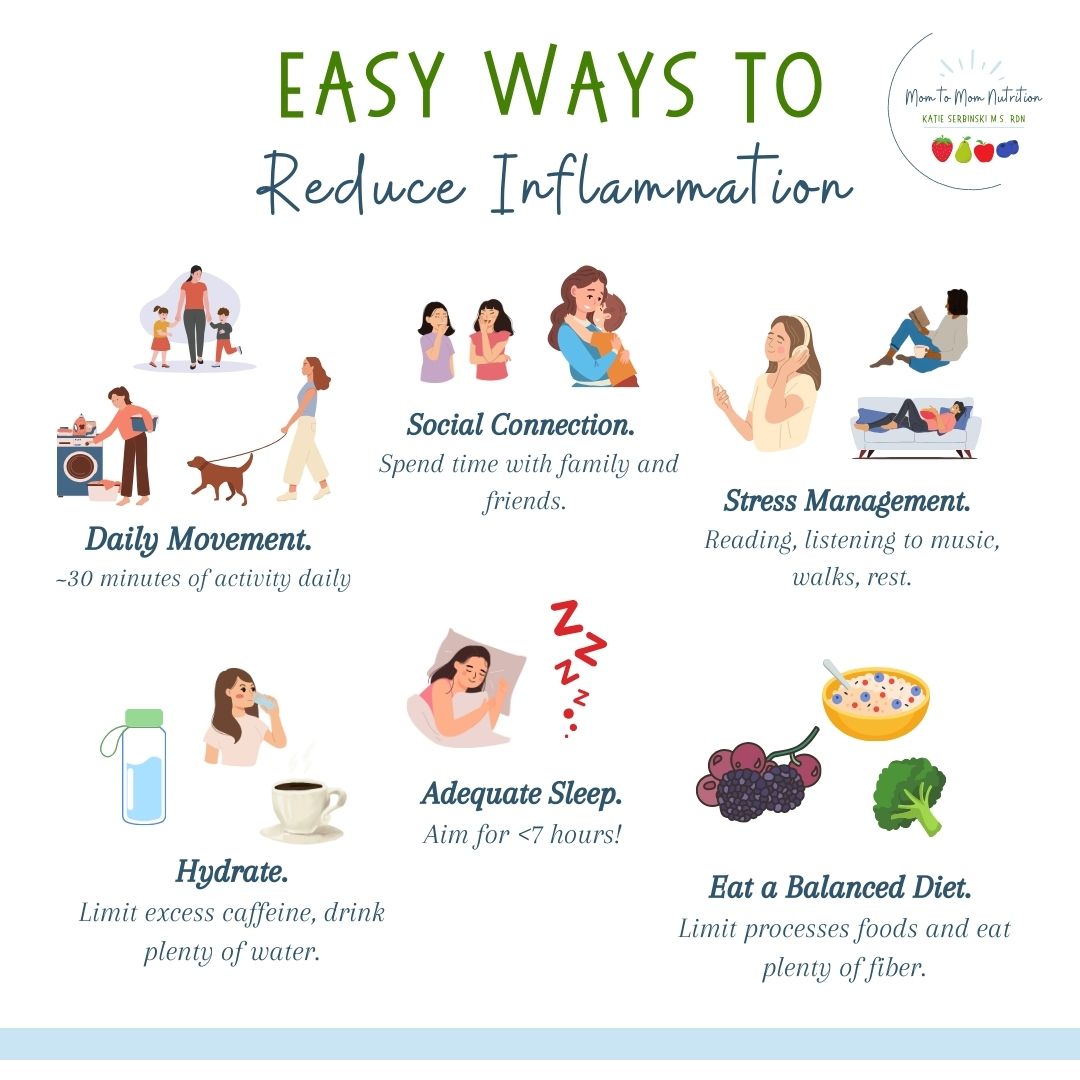Table of Contents
A few weeks ago, which just so happened to be the middle of December, a girlfriend of mine asked, “hey, what do you know about inflammation?”
[***I am not a medical doctor- consult your physician if you’re looking for more information on the medical conditions below. All research and health claims collected from here].
Way back when I was in grad school at Case Western Reserve University, I learned about two kinds of inflammation. The first being the kind called acute inflammation. Long story endless, acute inflammation is your body’s way of protecting itself from infection, illness, or injury- often on demand. An aggressive but easily explainable example… the response to sudden body damage, such as cutting your finger. To heal the cut, your body sends inflammatory cells to the injury. These cells start the healing process and BAM. You’re healed!
The second type of inflammation is chronic inflammation. Constantly on overdrive, constantly stressed, this type of inflammation can lead to various health problems such as arthritis, asthma, cancer, heart disease, and type 2 diabetes. If you’re wondering whether or not your body is in a state of inflammation, ask yourself if you’re experiencing joint pain, shortness of breath, muscle soreness and/or stiffness, fatigue, and a weakened immune system. Chances are, you might be experiencing some symptoms of chronic inflammation.
A little cheat sheet about inflammation:

Chronic inflammation is harmful because it gradually damages healthy cells, tissues, and organs. Even if you have the best diet and exercise habits, continuous feelings of stress and overwhelm may lead to inflammation. I should probably have that tattooed on my arm so I don’t forget… stress less, Katie girl!
While various anti-inflammatory diets are promoted online, researchers are still figuring out how what we eat may affect inflammation. However, eating a variety of nutritious foods may help manage inflammation in the body by providing nutrients that help keep your immune system working well. Here’s how:
- Fruits and vegetables contain natural components called phytonutrients that may help protect against inflammation.
- Healthy fats that help boost brain and heart health, such as monounsaturated fats and omega-3 fatty acids, may help reduce inflammation.
- Foods high in saturated fats may increase inflammation. Plus, highly processed foods and other foods with trans fat also may be inflammatory.
- Some lifestyle factors also contribute to inflammation in the body. You may be more likely to develop chronic inflammation if you:
- Smoke
- Drink alcohol in excess
- Experience chronic stress
Though what you eat is important, it’s not the only factor that impacts chronic inflammation. To help stay healthy you can also aim to:
- Get adequate sleep — both quality and duration of sleep impact inflammation.
- Be active — regular physical activity has anti-inflammatory effects. Aim for 30 to 60 minutes of moderate-intensity physical activity a day on most days of the week.
- Achieve and maintain a healthy weight — excess body fat may contribute to increased inflammation.

So, now that I’ve given you the basics about inflammation, I think it’s safe to say I’ve been in a state of chronic inflammation for quite some time. Stress, anyone?! On a real note, I have made it a goal of mine this year to really start working on reducing stress and hopefully inflammation in my life. It is time to start practicing what I preach consistently! Care to join me?!
Research, health claims, and more medical information about inflammation can be found here: Health Information and Medical Information – Harvard Health





More Stories
Avocado Cacao Mousse – JSHealth
Janelle Brown on Garrison’s Mental Health Before His Death
How To Finally Beat Insomnia